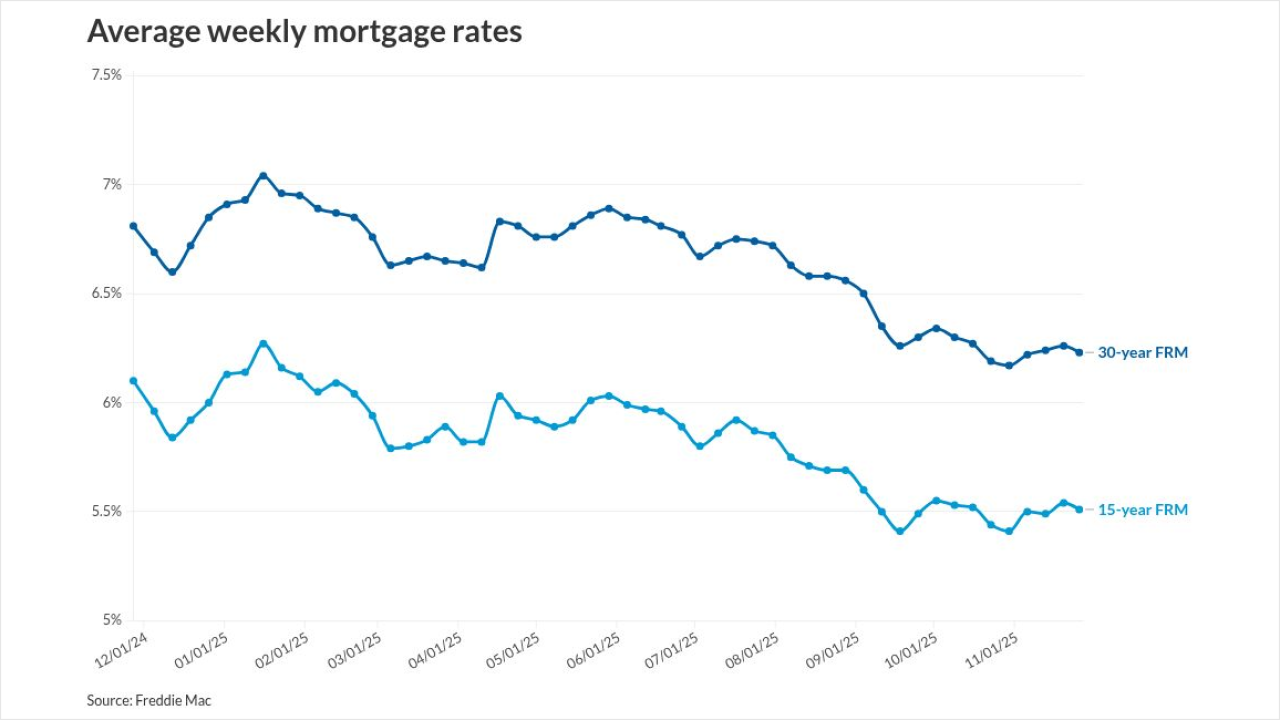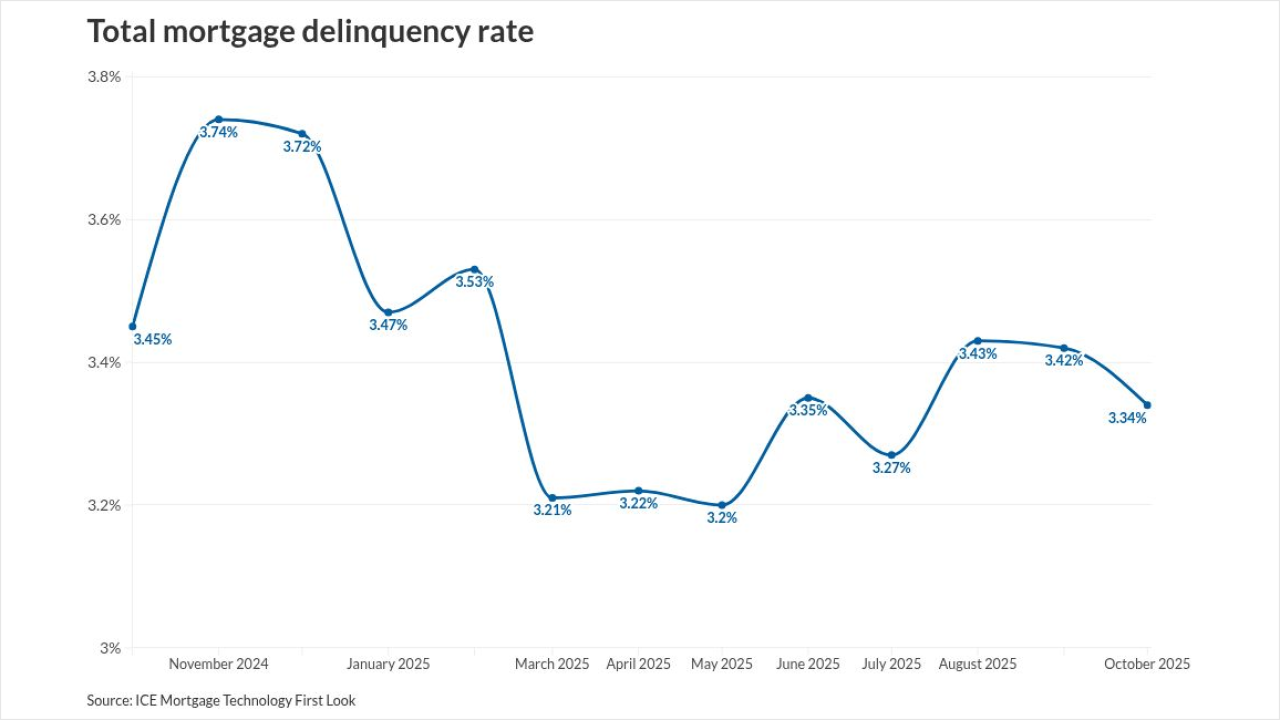TCF Financial has soured on auto lending just six years after entering the business.
The Wayzata, Minn., company said Monday that it will discontinue all indirect auto originations as of Dec. 1. As a result, the company expects to take a one-time charge during the fourth quarter of roughly $80 million, mostly from goodwill, but also from a mix of severance payments, asset impairment and write-offs.
The $23 billion-asset TCF will continue to service auto loans on its balance sheet, as well as those that it has sold off to the secondary market.

In a press release announcing the decision, TCF Chairman and CEO Craig Dahl cited the dim financial outlook for the business.
“After a thorough review of our businesses by our executive management team and board of directors, we determined that the financial outlook of the indirect auto loan origination business was less favorable compared to alternative uses of capital,” Dahl said.
TCF entered the indirect auto business in October 2011, through its purchase of
Its decision to exit the business comes just months
The announcement marks
Notably, as many of TCF’s peers
A TCF spokesman declined to provide details on the number of employees affected by the closure of the auto origination business.
In the coming months, TCF plans to find new ways to boost profitability.
“While the business performed as expected under the new direction we set earlier in the year, we believe there are better opportunities to deploy our capital and earn a higher return for our shareholders,” Dahl said.
Additionally, TCF’s board has authorized the company to repurchase up to $150 million of common stock, according to the Nov. 27 release.





